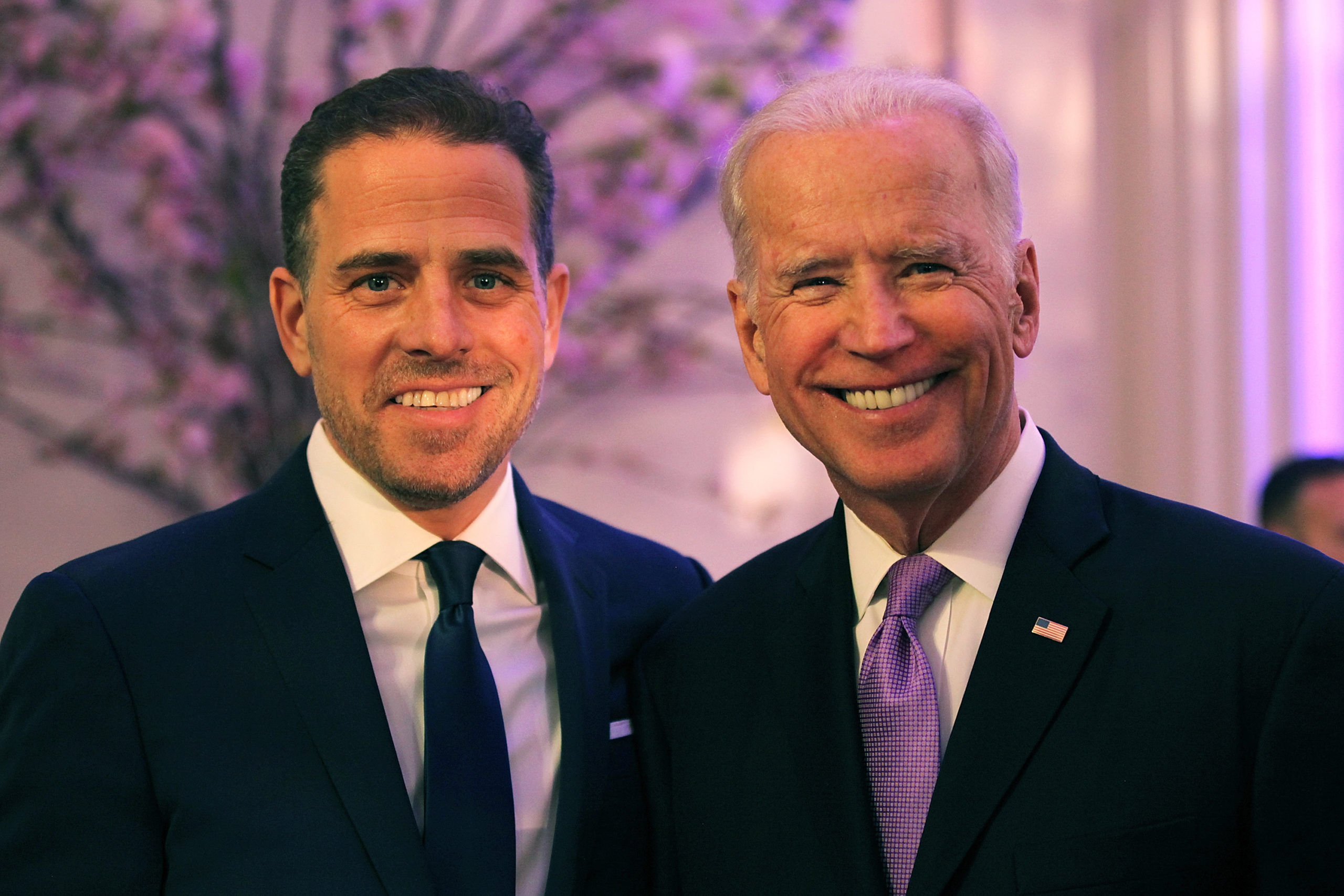Last month, the San Francisco African American Reparations Advisory Committee released its draft report on reparations – not for slavery, since California was not a slave state but “to address the public policies explicitly created to subjugate Black people in San Francisco by upholding and expanding the intent and legacy of chattel slavery.”
The draft states, “While neither San Francisco nor California formally adopted the institution of chattel slavery, the tenets of segregation, white supremacy and systematic repression and exclusion of Black people were codified through legal and extralegal actions, social codes, and judicial enforcement.”
A complete list of financial suggestions for Black San Francisco residents is included in the draft plan, including a one-time, lump-sum payout of $5 million to each eligible person.
“A lump sum payment would compensate the affected population for the decades of harms that they have experienced and will redress the economic and opportunity losses that Black San Franciscans have endured, collectively, as the result of both intentional decisions and unintended harms perpetuated by City policy,” the draft states.
The candidate must be 18 years old and identify as Black or African American on official records for at least ten years to qualify for the program. Additionally, they must meet two out of eight additional requirements, which they may select from a list that includes “Born in San Francisco between 1940 and 1996 and has proof of residency in San Francisco for at least 13 years” and “Personally, or the direct descendant of someone, incarcerated by the failed War on Drugs.”
According to the draft, the plan also calls on the city to supplement lower-income recipients’ income to reflect the Area Median Income, which is around $97,000, annually for at least 250 years.
“Racial disparities across all metrics have led to a significant racial wealth gap in the City of San Francisco,” it argues. “By elevating income to match AMI, Black people can better afford housing and achieve a better quality of life.”
“Black households are more likely to hold costlier, riskier debt and are more likely to have outstanding student loan debt,” the draft explains. “When this is combined with lower household incomes, it can create an inescapable cycle of debt. Eliminating this debt gives Black households an opportunity to build wealth.”
In June, the committee plans to submit the final draft proposal to Mayor London Breed, the San Francisco Board of Supervisors, and the San Francisco Human Rights Commission.
“There are so many efforts that result in incredible reports that just end up gathering dust on a shelf,” said Board of Supervisors President Aaron Peskin. “We cannot let this be one of them.”




How do we get information on signing up for San Francisco reparations if no longer a resident of San Francisco?
How do we get information on signing up?